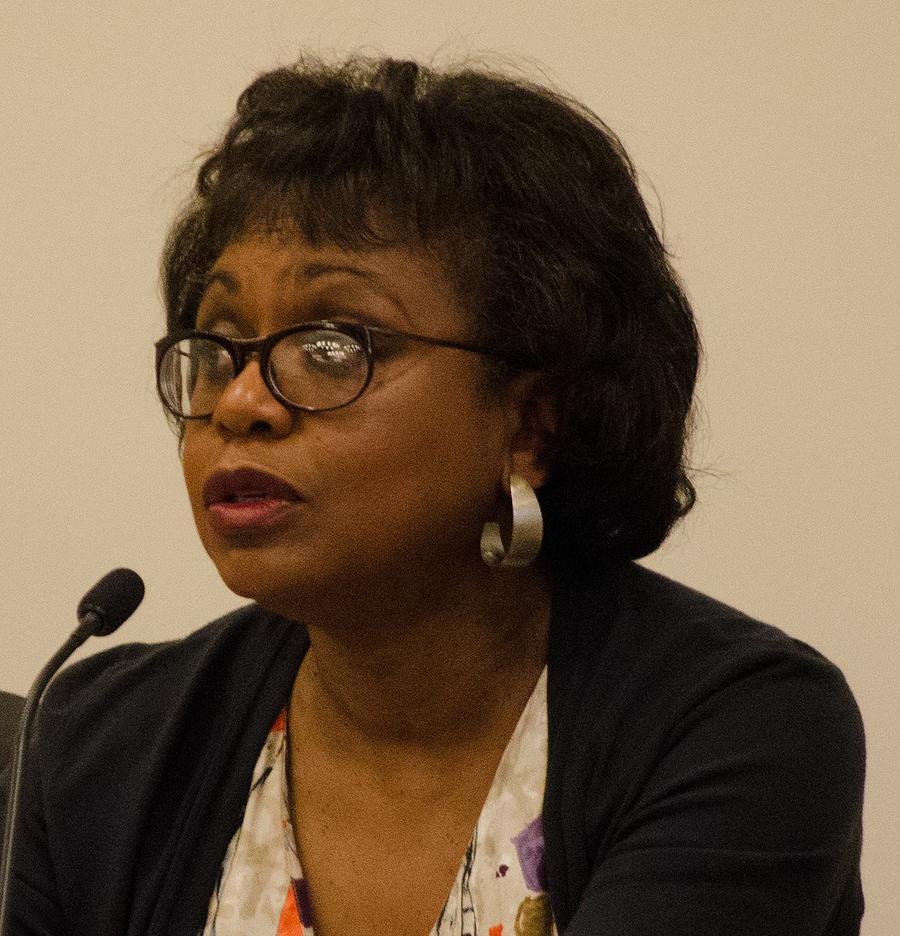In the coming weeks, President Donald Trump is expected to name a Supreme Court justice nominee to replace the late Antonin Scalia. President Barack Obama nominated Merrick Garland, but the Senate refused to confirm him. Rarely are justices not confirmed, and even rarer is the nominee’s character put into question, jeopardizing their appointment. But this instance was not the first in which a Supreme Court nomination process has not gone according to plan: In 1991, one woman stood up to a nominee in a messy hearing and became a topic of public scrutiny. The documentary _Anita_ shares her story.
In 1991, President George H.W. Bush nominated Clarence Thomas to fill the seat of Justice Thurgood Marshall. Like most nominees, it was expected that Thomas would be confirmed without any hitch. Being appointed to the highest court in the nation certainly comes with numerous background checks, character testimonies and many other formalities to make sure the nominee is fit to be judging what is constitutional. These steps uncovered one woman whose experiences could have put Thomas’ appointment in jeopardy.
Anita Hill was a law professor at the time, but she worked under Thomas at both the U.S. Department of Education’s Office for Civil Rights and the Equal Employment Opportunity Commission before working on her own at the University of Oklahoma. During this time, Hill made allegations that Thomas engaged in inappropriate workplace conduct ranging from unwanted romantic advances to openly mentioning pornography to Hill.
These allegations were provided by Hill to those background checking Thomas, and from there a media storm ensued. Hill was subpoenaed to Washington, D.C. to sit in front of a panel of senators and describe, in detail, every incident of sexual harassment. In the film, footage of the nine-hour hearing is shown. We watch as Hill describes every sexual statement made, every advance attempted and every time she felt uncomfortable with the way her boss addressed her.
The film also features Hill looking back on all that happened and discussing how far America’s opinion and understanding of sexual harassment has evolved. _Anita_ shows that even just over a period of 26 years, while a lot can change, some things can stay static. It delves into the culture of victim-blaming and how, as Hill said, “the issue became [her] character as opposed to the character of the nominee.”
Sexual harassment is still prevalent in today’s political scene. Hell, right before the election of President Trump, a video was released in which he described, in detail, sexually assaulting a woman. While most found this deplorable, there were still defenders of the comments, saying that it was just “locker room talk.”
After Hill’s hearings, Thomas was confirmed to the Supreme Court with a vote of 52-48. Even though Thomas was confirmed, and many may see this as injustice for women who have experienced workplace sexual harassment, _Anita_ shows that the most difficult times in one’s life can be the jumpstart necessary to make their voice heard.
**MOVE gives _Anita_ 3 out of 5 stars**








